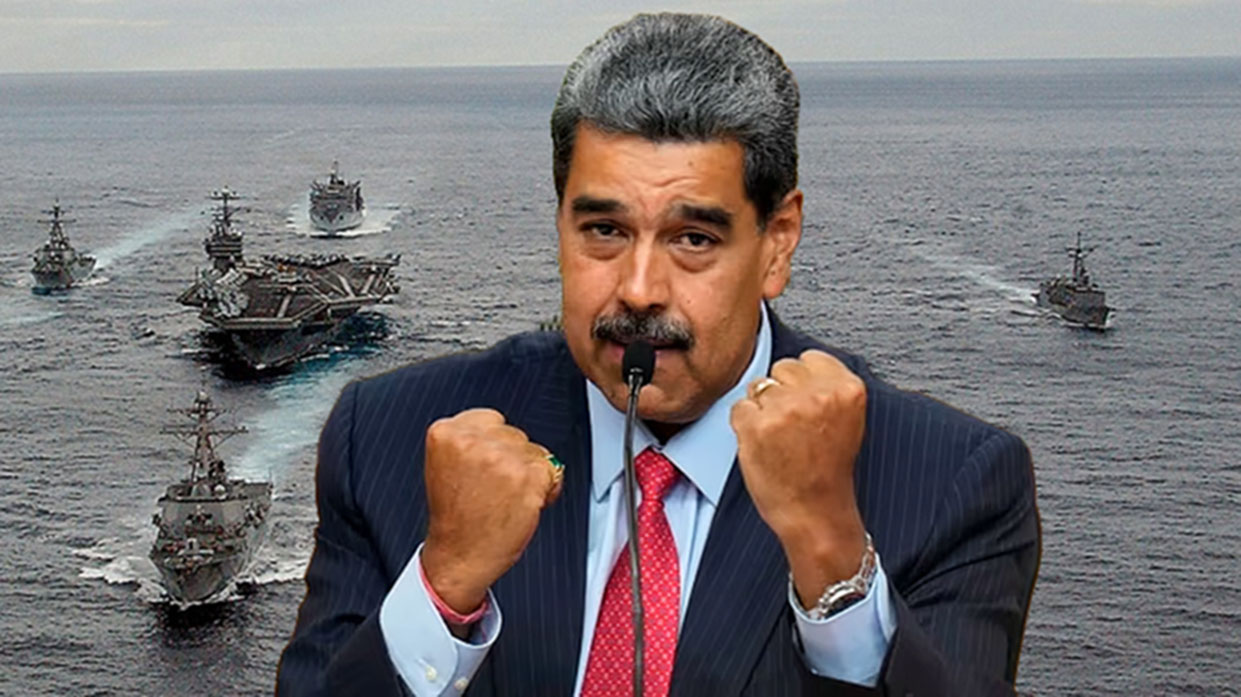Washington, D.C., is preparing for what may be the most extravagant and controversial presidential birthday celebration in modern American history. Former President Donald J. Trump turns 79 tomorrow, and in a grand gesture coinciding with the U.S. Army’s 250th anniversary, he is orchestrating a massive military parade in the nation’s capital. With costs projected to soar past $45 million, the event has sparked familiar debates about spectacle, ego, and the role of presidential power.
But Trump is not the first to turn his birthday into a national moment. Across American history, presidents have used—or been pulled into—the stagecraft of their own anniversaries. Some were political fundraisers; others cultural flashpoints. Here, we revisit the five most controversial birthdays celebrated by American presidents while in office, and adjust for inflation to see how today’s dollars would measure their weight.
1. Donald J. Trump – 79th Birthday (2025)
Date: June 14, 2025
Type: Military Parade
Cost (Est.): $25–$45 million
Adjusted for 2025: N/A
Tomorrow, Trump will take center stage along Constitution Avenue as tanks roll, jets fly overhead, and thousands of uniformed personnel march in celebration of both the Army’s founding and his own. Though officially billed as a military anniversary, few miss the symbolism: a grand parade timed precisely with his birthday.
Critics have labelled it a taxpayer-funded vanity project. Senator Jack Reed called it “a salute to one man’s ego,” while protestors are already organizing demonstrations along the parade route. Even some Republicans, including Senator John Kennedy, have bristled: “We’re not North Korea.” Trump’s allies argue it’s a patriotic show of force. The parade may mark a new frontier in presidential self-celebration—and a costly one.
2. John F. Kennedy – 45th Birthday (1962)
Date: May 19, 1962 (ahead of May 29 birthday)
Type: Celebrity Fundraising Gala
Cost: ~$100 ticket in 1962
Adjusted for 2025: ~$1,060
Held at Madison Square Garden, JFK’s birthday gala drew over 15,000 attendees, but one moment defined the night—and its controversy. Marilyn Monroe, dressed in a barely-there rhinestone gown, sang her infamous “Happy Birthday, Mr. President,” her voice breathy and intimate enough to echo into the scandal sheets for decades.
The event raised significant funds for the Democratic Party, but also scandalized critics. First Lady Jackie Kennedy notably skipped the event. Rumours of impropriety swirled. While history remembers the night with glamour, at the time it was seen as a breach of presidential decorum and a naked mingling of celebrity with political fundraising.
3. Bill Clinton – 50th Birthday (1996)
Date: August 19, 1996
Type: National Fundraising Concert (Radio City Music Hall)
Cost Raised: $12 million in 1996
Adjusted for 2025: ~$24.6 million
On paper, it was a political triumph: a star-studded, televised celebration of Clinton’s life, featuring Aretha Franklin, Jon Bon Jovi, and Tony Bennett. Broadcast to 89 parties nationwide, the event pulled in millions in campaign donations.
But the harmony was briefly shattered. Protesters, angry over Clinton’s welfare reforms, infiltrated the crowd and shouted “Shame!” as the President watched. Clinton responded directly: “Relax! Relax!” The clash played out live, highlighting the widening rift between Clinton and parts of his Democratic base. Supporters saw the event as spirited; detractors called it tone-deaf pageantry.
4. Barack Obama – 50th Birthday (2011)
Date: August 4, 2011
Type: Chicago Concert & Fundraisers
Top Ticket Price: $35,000 per couple
Adjusted for 2025: ~$45,000
President Obama’s 50th was split between celebration and political urgency. Days earlier, Congress narrowly avoided a catastrophic debt default after prolonged budget negotiations. Critics—especially from the GOP—wondered whether it was appropriate to host glitzy fundraisers and a concert (featuring Jennifer Hudson and Herbie Hancock) in the shadow of an economic crisis.
Republicans slammed it as “tone-deaf.” Fox News dubbed it a “hip-hop BBQ.” But Obama pressed ahead, noting the need to replenish his re-election war chest. If anything, the event exposed the challenge of balancing campaign realities with national optics.
5. George Washington – 65th Birthday (1797)
Date: February 22, 1797
Type: Formal Balls in Philadelphia
Cost: Privately funded; symbolic grandeur
Adjusted for 2025: Not quantifiable
Though not an extravaganza by today’s fiscal standards, Washington’s birthday celebrations set a cultural precedent. The capital of the time, Philadelphia, hosted elegant balls complete with music, toasts, and fireworks. While the events were largely funded by political allies, they drew sharp commentary.
Anti-Federalists balked at what they saw as creeping monarchical tendencies. Washington himself was reportedly uncomfortable with the attention. Yet the birthday balls persisted—early examples of presidential adoration blurring into courtly reverence.
📊 Comparison Chart
| President | Year | Celebration Type | Cost (Est.) | Inflation Adjusted (2025 USD) | Controversy Summary |
|---|---|---|---|---|---|
| Trump (79th) | 2025 | Military parade in D.C. | $25–$45 million | Same | Accused of ego-driven spectacle; bipartisan criticism |
| Kennedy (45th) | 1962 | Celebrity fundraiser gala | ~$100 ticket | ~$1,060 | Monroe’s performance seen as overly sexualized |
| Clinton (50th) | 1996 | Televised concert fundraiser | $12 million raised | ~$24.6 million | Protesters disrupted over welfare reform policies |
| Obama (50th) | 2011 | Chicago concert/fundraisers | $35k couple ticket | ~$45k | Criticized amid debt-ceiling standoff |
| Washington (65th) | 1797 | Formal Republican-era ball | Privately funded | Not available | Criticized as monarchic, especially by Anti-Federalists |
Final Reflection
Presidential birthdays are rarely just cake and candles. More often, they become a stage—a chance to shape public perception, fund political machines, or assert power. As Trump’s armored columns prepare to roll down Pennsylvania Avenue, they do so in the shadow of Monroe’s breathy serenade, Clinton’s stage protests, and Obama’s debt-crisis dance.
They remind us that in the White House, even birthdays are never just personal.


